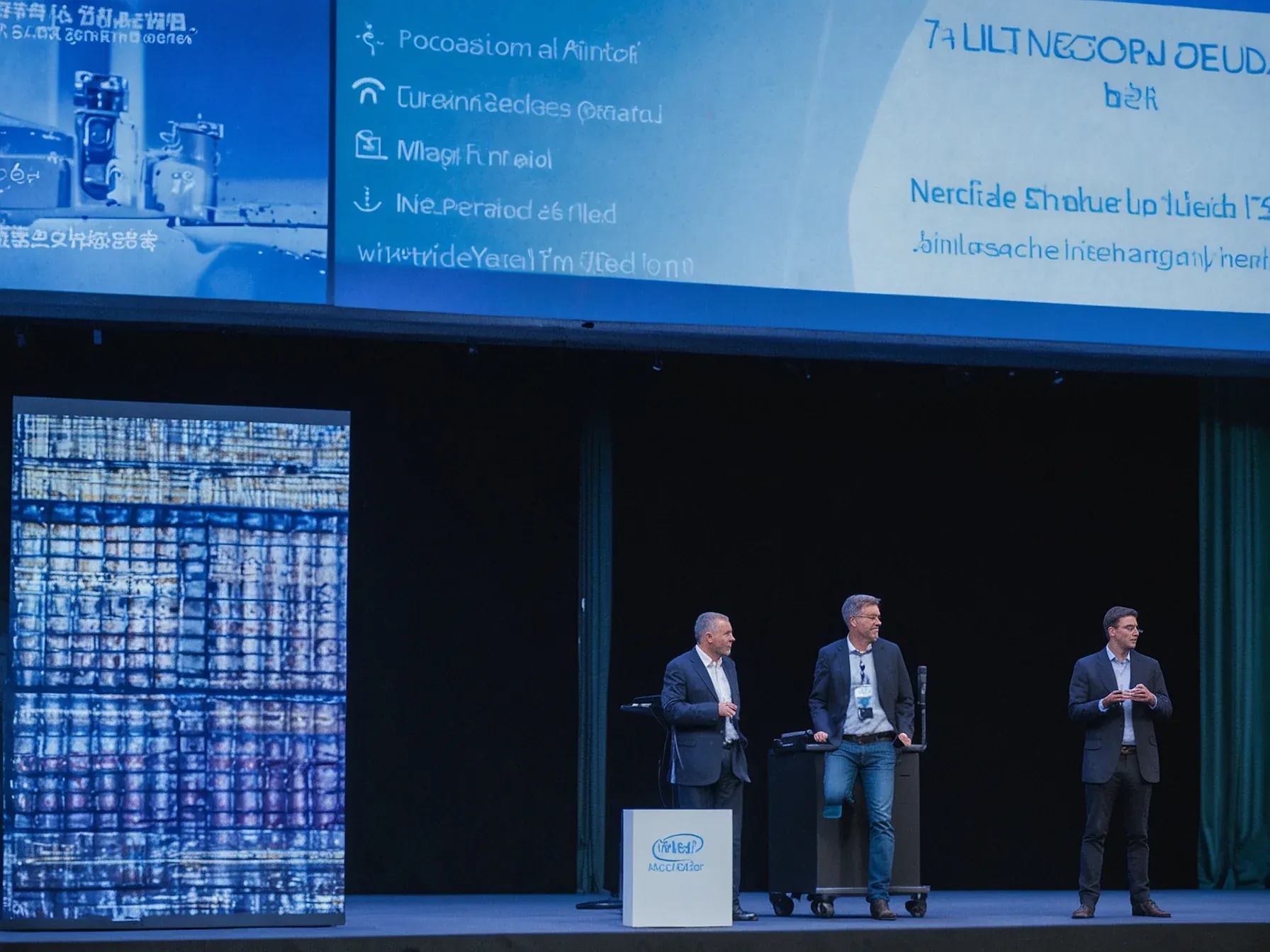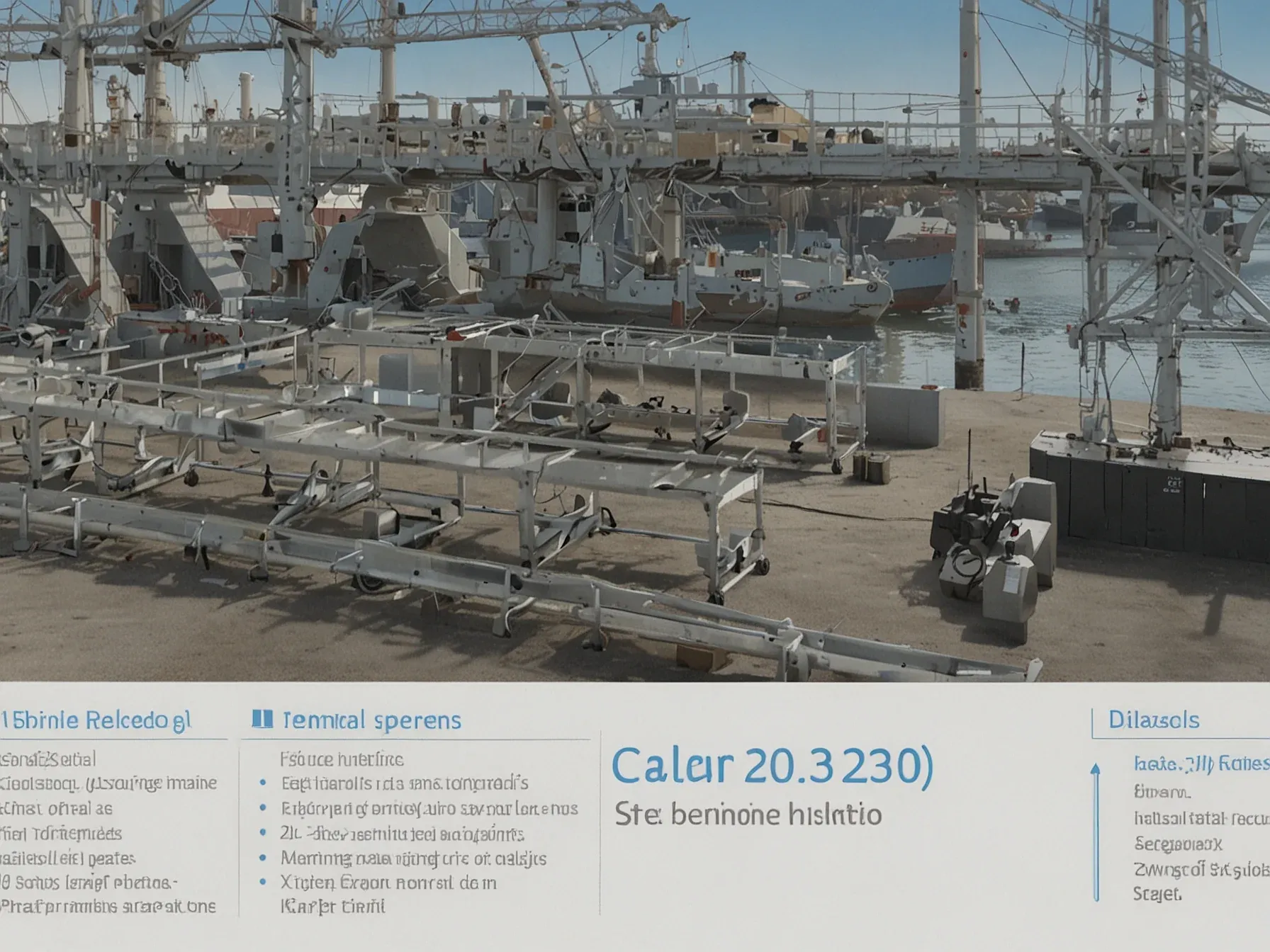
Editorial illustration for Cloudera and Intel Unite to Boost Enterprise AI Adoption in APAC
Cloudera and Intel Accelerate Enterprise AI in APAC Markets
Cloudera, Intel team up to accelerate enterprise AI in APAC with Xeon 6
The race to democratize artificial intelligence is heating up in the Asia-Pacific region, with tech giants now targeting enterprise transformation. Businesses across industries have struggled to build AI at scale, facing complex infrastructure and performance challenges.
Cloudera and Intel believe they've found a strategic solution. Their new partnership aims to cut through the technical barriers preventing widespread AI adoption, focusing specifically on the dynamic APAC market.
The collaboration signals a potentially significant shift for companies seeking practical AI buildation. By combining Intel's latest processor technology with Cloudera's strong data management platform, organizations might finally bridge the gap between AI potential and real-world execution.
Small and medium enterprises, often left behind in technology transitions, could be the biggest beneficiaries. The partnership promises to make advanced AI capabilities more accessible, reducing the traditional barriers of high-cost, complex infrastructure.
With APAC's rapidly evolving tech landscape, this strategic move could accelerate enterprise AI adoption across multiple sectors, from finance to manufacturing.
Cloudera has announced a collaboration with Intel to accelerate enterprise-grade AI adoption across industries in the Asia-Pacific (APAC) region. The partnership integrates Intel Xeon 6 Processors with Cloudera's AI stack, enabling businesses to deploy and manage AI workloads seamlessly across hybrid and on-premise environments. According to the release, this collaboration aims to make enterprise AI more scalable, secure, and efficient.
The integration is expected to help enterprises shift from experimental AI projects to full-scale production, ensuring performance and governance without compromising flexibility. They're executing at scale, and that demands a platform built for real-world complexity," said Remus Lim, SVP of Asia Pacific and Japan at Cloudera. He added that Cloudera's AI platform "brings intelligence to data" with the support of Intel's technology to deliver tangible business outcomes.
Santhosh Viswanathan, VP and MD of Intel India, said that AI's success depends on efficient and responsible deployment. "As enterprises begin to accelerate their AI deployments, the Cloudera stack, powered by Intel's enterprise-ready AI platforms, will help customers unlock value from their data faster, more securely, and at scale," he said. A joint whitepaper from Cloudera and Intel outlines key focus areas shaping enterprise AI's future.
The Cloudera-Intel partnership signals a strategic move to simplify enterprise AI deployment in the APAC region. By combining Cloudera's AI infrastructure with Intel's latest Xeon 6 Processors, businesses now have a more accessible pathway to building sophisticated AI solutions.
This collaboration addresses a critical challenge for companies: building scalable and secure AI capabilities across complex computing environments. The integration appears designed to lower technical barriers, allowing organizations to manage AI workloads more efficiently.
For APAC enterprises, the partnership represents a pragmatic approach to AI adoption. Intel's processors and Cloudera's platform could help companies transition from experimental AI projects to more strong, production-ready buildations.
Still, questions remain about the precise performance gains and real-world effectiveness of this integration. How quickly will enterprises in different sectors use this technology? What specific industries might benefit most?
The collaboration suggests a growing recognition that enterprise AI requires not just powerful hardware, but sophisticated, adaptable infrastructure. As AI becomes increasingly central to business strategy, partnerships like this might help demystify and democratize advanced technological capabilities.
Further Reading
Common Questions Answered
How are Cloudera and Intel addressing enterprise AI challenges in the APAC region?
Cloudera and Intel have formed a strategic partnership that integrates Intel Xeon 6 Processors with Cloudera's AI stack to enable seamless AI workload deployment across hybrid and on-premise environments. The collaboration aims to make enterprise AI more scalable, secure, and efficient by addressing the technical barriers that have prevented widespread AI adoption in the Asia-Pacific market.
What specific technologies are being combined in the Cloudera-Intel partnership?
The partnership combines Intel Xeon 6 Processors with Cloudera's AI infrastructure to create a comprehensive solution for enterprise AI deployment. This integration provides businesses with a more accessible pathway to building sophisticated AI solutions, specifically targeting the complex computing environments common in the APAC region.
What are the primary goals of the Cloudera and Intel collaboration?
The primary goals of the partnership are to democratize AI adoption, lower technical barriers for enterprises, and enable more scalable and secure AI implementations across various industries in the Asia-Pacific region. By providing an integrated solution, Cloudera and Intel aim to help businesses overcome the challenges of building AI at scale and accelerate their digital transformation efforts.




